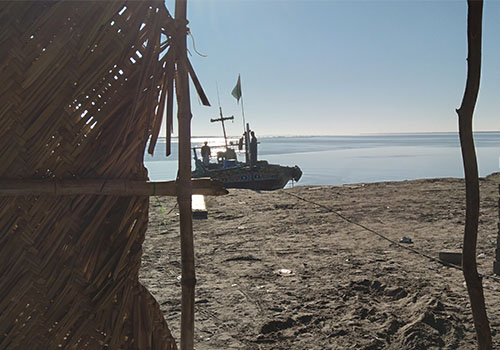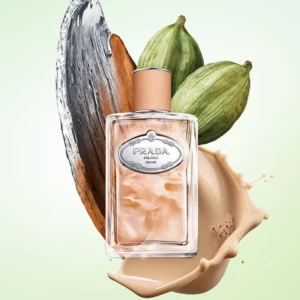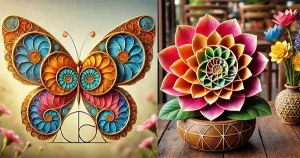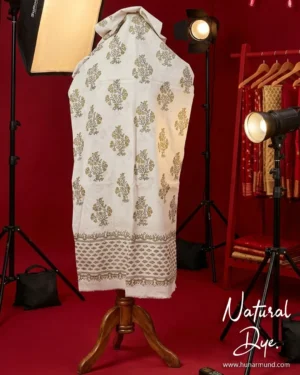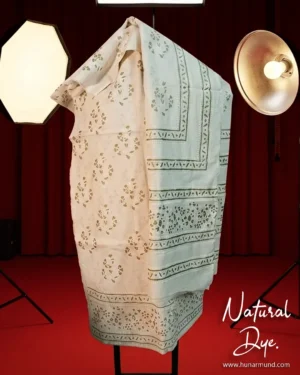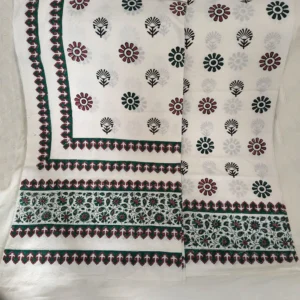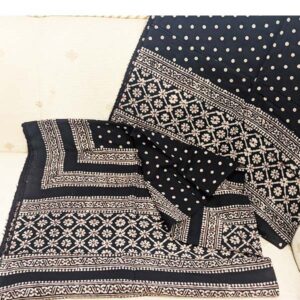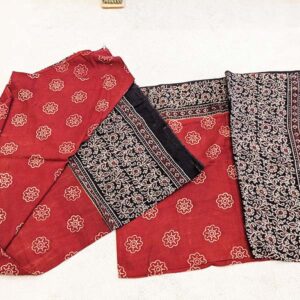Keti Bunar is a natural bay about 197km east of Karachi. Most of the population that resides in Keti Bundar and nearby villages belong to fisherfolk community where they mainly survive on fishing. The region used to be rich in agriculture and cultivated land decades ago, but since the water salinity has increased overtime, it is no longer fertile enough to cultivate land for crops. The community and WWF-Pakistan is working on developing the area by switching to alternate livelihood which is fishing, handicraft for their women to be able to have an alternate source of income.
The Project area comprises of Keti Bunder and Kharo Chan in the lower Indus delta in southeast Pakistan, Community living in the Indus Delta having low income generation options, hence, highly dependent on the existing natural resource for their livelihood especially on mangroves and its associated natural resources, resulting the resources are gradually depleting. The project therefor focuses to reduce the dependence level on the existing natural resources by providing alternative options for income generation.
In collaboration with WWF-Pakistan, Hunarmund implemented a project to train 25 women from the rural community to develop skills for hand embroidery and making products using sewing machine. The women of the villages possess great enthuriasm and willingness to learn new skills to be able to generate income and are determined to produce products that are marketable for the consumer market in Pakistan. With continuous work on producing new products, they tend to further enhance and master their skillset, and each sale gives them the confidence to do more.
Hunarmund team also conducted a market exposure visit by taking the community women to various different craft centers in the province of Sindh, and to rural artisans who make natural dye block printed fabric, and blue pottery artisans from Hala.
The women also had an opportunity to visit the wholesale and retail markets of Karachi to help them identify locations where they can procure raw materials at lower prices to help them cut down their cost of production and also have higher quality raw materials to produce their products.
The rural community women have been working on hand stitching from before, they mainly make traditional products such as riley work, decorative products made by stitching beads, house hold products such as bedsheets and pillow covers, women traditional dresses and kitchenware such as Chabbi (Used to serve bread and to keep it warm).
Below are some of the traditional products they can make, with intricate details
